|
Imagine you’ve been wearing dirty eyeglasses for years. You’ve adapted to the smudgy view of the world, and now that’s just the world to you. You muddle through and don’t bump into too many things. You just assume a certain amount of what’s out there is illegible. Then someone comes along and cleans the lenses with rubbing alcohol, and puts them back on your face. How could you have imagined what you weren’t seeing? That leaves have crisp edges. That colors are not overlaid with dust. That almost everything IS legible. This is the metaphor of a highly visual person. There are many other. Imagine a loud vent fan has been running all your life and someone turns it off and you discover birdsong. Imagine you’ve had lead weights strapped to your legs and someone takes them off and you discover running. The word for today is integration. I can feel left and right hemispheres in communication, feel the central exchanges of the subcortical brain moving traffic through without slowdowns, feel orderly inside my head in a way I can’t really remember feeling, except I keep having this image of a bright eyed six-year-old who didn’t struggle with remembering words. I wish my parents were alive, and here to see this, to greet that child’s return. These pictures were taken when I was 4-5, before the fall. We were living in Rochester, New York the year I was six. I shared a room with my brother Ricardo. I had the top bunk and he had the bottom. One night I rolled right over the retaining safety bar and woke up midair, falling, and then landed, hard, on my back, on a cement floor. It is only in the last few weeks that it’s occurred to me that there is no way to land on one’s back like that and not have a big cracking blow to the back of the head. But in those days, you had to have a skull fracture and blood everywhere to be considered head injured. The occupational therapist has been explaining compensation, and tells me that young brains are even better at this, loop out the injured arts and have the subs step in even more efficiently. So now it seems that my entire writing life has been managed from temporary quarters, by editors drafted from the gardening team of the kitchen crew, all of them running as fast as they can with big bags of stuff slung all over them.
But not today. Today I am feeling a clarity and focus that seem utterly foreign. I can pay attention to what I choose to, without struggling to shut out everything else. Everything else just isn’t that distracting anymore. Here’s another metaphor. It’s like living with a really messy roommate who just moved out and there are acres of clear, uncluttered floor, so that I have room to dance. Tonight, I am getting ready for my last day, and the second fMRI that will measure the changes in blood flow in my brain, a concrete marker of improvement. I am also writing to the directors, telling them about their colleagues in Cuba who are eager to communicate, and asking about starting a scholarship fund. Most of the brain injured people I know are too poor to pay for this treatment, at least in part because they are brain injured. Perhaps only the people with debilitating chronic fatigue will know what I mean when I say this. I am tired, but not exhausted. It’s an ordinary tired that is side by side with being energized. What’s missing is the deep weariness that it seems has at least in part been the result of decades of my injured brain pedaling as fast as it can in the wrong gear, and traveling inches for an effort that would carry another cyclist yards. Whatever is happening inside my head, my body is demanding protein in unprecedented amounts. Yes, it’s time for another meal.
0 Comments
Many people are asking for more information, to better understand what I'm doing here, and today I got a much better grasp of it.
Today was piece after piece falling into its right position. Cascades of clarity, of things coming into focus. Memory, attention, vision. Our brains have an easiest way to function, a path of least resistance. When there's injury, the hurt parts stop working well, and other parts rush in to pick up the slack. They compensate. They get the job or part of the job done. But it's very awkward and tiring. This is why it's possible for me to have a LOT of language functions that are barely working at all, and still be the writer and speaker I am. Other parts of my brain have been compensating. And this is also one of the main reasons I am so exhausted so much of the time. Compensating takes a lot of effort. The activities we're doing in my sessions work the injured places so hard that the other parts can't compensate and give up, and the injured parts get reactivated. Once that happens, it doesn't need to be sustained. How these parts work when they're activated is what the brain wants to do, so it flows toward that. The brain scans that change after a week here, stay changed. They've had people come back a year later and the shifts have not reverted. Why would the brain do that, once it's back in sync? It's compensation that strains against the current, trying its best to keep things going because the wounded places can't. Reactivation IS the current. This morning I had to memorize four numbers and then do a math operation on each one. Add or subtract the same amount to or from each one. I had to repeat the four numbers five or six times before I could remember them all and do the math. This afternoon I was asked to do it again, and I didn't need to repeat the numbers at all. I just did the calculations. The capacity was just there. My vision is also clearer. It's neurological. When I'm asked to follow a pen side to side, my eyes skip and jump a lot. They have a hard time moving back and forth to different depths of focus. When I read, I often find myself a few lines down from where I meant to be reading, and notice because it doesn't make any sense. So I spend a lot of time working my focus back and forth along a string, stopping at three different beads, looking at them so that it seems that two strings cross through their centers, then walking that X up and down the string. And something changes inside my head. I feel something shift. My eyes change. The world looks different. Today's word is accumulation, these shifts adding up, one on top of the other, or cascading from level to level. One of the therapists explained to me that it's the striving that activates. That while I do the best I can and am trying to get it right, that's really not the ultimate point. What matters is working the injured parts to the tipping point of switching back on. The effects seem to ripple out through my head. Seemingly unrelated things that were hard become easy. Many of the games and exercises out there do improve certain functions, but mostly by increasing compensation, which has a cost in other symptoms. What we're doing isn't training the brain. We're reigniting it. When I was a child in the mountains of Western Puerto Rico, we celebrated the ancient pagan festival of Imbolc, Christianized as Candlemas, by building huge bonfires. This is what I'm thinking of now. As night deepened across the wild country of the mountainous west, flames would spring up, one after another, great flaring fires around which children danced and shouted CandeLAAAAria! proclaiming our glee that the tinder and matches and dry branches we'd gather with strenuous labor had all come together to catch fire and send leaping sparks up into the starry dark. This is me on a dark hill, watching the sparks rising, and shouting. A long time ago, when I had the stamina to go backpacking, there would be this moment when the pack came off and for a while, I would feel incredibly light, buoyant almost because my body, having grown accustomed to struggling with the extra weight, had been suddenly released. yesterday, I spoke with the occupational therapist about what it's been like to accomplish what I have while living with multiple brain injuries, that it was like climbing a mountain with a hundred pounds of rocks on my back.
It's only the end of the first day, but I am buoyant, floating, light on my feet. I had ten different therapy sessions today. One of them is with a device called the Dyna Vision. It's a big black square on the wall, with concentric rings of buttons that light up. I ask the therapist what part of my brain we're working on now and he says it's the subcortical region, the most seriously injured. The Grand Central Station of information routing, where so many pathways pass through, delivering information , sending signal, handling traffic--except that mine doesn't. At first, my task is just to whack the buttons as they light up. But it gets more and more complicated and challenging. Hit the red lights with my right hand and the green with my left. Now switch. Hit the lights while reading a story out loud. And then, do a side to side dance step while hitting the lights. At first they are lighting up at the same speed as my dance step rhythm, but soon they speed up and I am hopelessly snarled. I lose the dance steps or I lose track of the lights, and eventually I lose both and stand, immobilized by my inability to track the two tasks that feel impossibly contradictory. We stop. Then he says, "Now do it again." And all of a sudden I can. I can do it. I'm not confused. I can FEEL the lights going on in a darkened section of my brain, long unused. I stand there as my brain changes. Then I am taken to a softly lit room with a big comfy chair where I put on headphones for brainwave entrainment. It takes me into a meditative state and lets everything rest. While I am resting, I see two images. First there is a dimly lit curved corridor, full of grip hazards and obstacles--boxes, toys, piles of stuff. Then suddenly the lights are on, the hallways are completely clear and clean and I am running along the curve. This is toward the end of a day in which I've done two hour long cognitive therapy sessions, played brain games chosen for my specific profile of difficulties, and neuromuscular work to open us circulation through my neck and into my head. I start to notice other things. Yesterday I couldn't figure out how to upload two images for a t-shirt that needs to be ready in nine days. Today I did it over my lunch break . Things I learned in the morning cognitive session are affecting how I play games in the afternoon. My head feel clear, unfogged. I feel lighter. There's a sense of fizzing, tingling, of vines sending out tendrils, of everything waking up. It's springtime in my brain, and I feel in tune with the flowering fruit trees that line the streets of Provo. I get home with only a few minutes to spare before the first of two check-in calls. I haven't eaten,I have to pee, I want to change my clothes, and I have to fix food for tomorrow, plus my cell just dinged that I have a text. Yesterday I would have felt overwhelmed, felt that each of these things demanded my attention at the same time. I would have dithered and fretted trying to figure out what to do first. Today I pause, think for a minute and then decide I will pee, put up dinner, then check my messages, then do as much food prep as I can til my call starts and let my friend know I'll need to eat dinner while we talk. I'm unruffled. I have a plan, a sequence. Organizing a clutter of individual tasks, ideas, objects into a structure is one of the hardest things for me to do. Or it was yesterday, when I had a hundred pounds of ricks on my back . But somehow during the day, I loosened the straps, and someone helped me set my backpack down on the ground. Today is only Tuesday. Imagine what Wednesday, Thursday and Friday will be like! The word for today is vindication. After decades of being told I just need to be more disciplined, more organized, less flaky, that I just need to get it together, that I'm lazy, that the reason I don't get more done is that I think I'm entitled to a life of ease, which has made me weep from sheer exhausted outrage, today I sat across from a man who showed me exactly how heavy a load of cognitive rocks I've been hauling around for at least 34 years, exactly which circuits of my brain have been gasping for blood supply, and exactly how miraculous it is that I've been able, however haltingly, however stop and go, however exhaustedly, however poorly paid because after writing I have nothing left for marketing, that I've been able to carve out for myself a name and reputation as a public intellectual, a feminist, a writer whose words are taught and reprinted and translated into many languages, and in spite of ceaseless ablism, earned for myself widespread respect.
Each multicolored chart, representing one of the tests I took while lying in an MRI machine, underlines this truth. Again and again he points to the ways in which my brain has "flatlined" its capacity to do any number of things I've been telling the people around me I can't do, and which they keep expecting that I can, because most of the time, the things I struggle with are camouflaged behind my un-garbled speech and my fluency with the written word. He shows me the black lines that represent all those times I can't remember what you just said to me, can't remember if I sent that payment in or not, can't retrieve a word, a name, something I know perfectly well but can't find anywhere, cannot, for the life of me begin to remember where I put the crucial document I just spent months getting a duplicate of, can't, no matter how I try, pull the information I need through the great hub of my subcortical brain, am swamped in the hubbub of a crowded room, my brain on overload from trying to filter out all the background noise with a broken net, and walk smash into a geological scale upthrust of bedrock tiredness so dense that I can't speak at all, must wave my hands in the air and retreat to a closet, elevator, bathroom before my entire brain floods and I can't find my way home. Tomorrow will be about starting to bring all those circuits back to life, about reestablishing blood flow to places that, like a limb bent too long, have fallen asleep. Tomorrow will be about sweat and tremble and push, and the painful tingle of reawakening. But tonight is all about me turning to face the two white male neurologists who in 1983 told me that I was not brain injured but instead had conversion hysteria born of the desire to avoid working and be supported by my partner, waving these colored charts in their faces and telling them, "You can kiss my cerebellum." This is an image of my brain that I stitched, glued, and beaded during five days I spent connected to a Video EEG machine at UCSF. Those were only some of the many, many hours I've spent in hospitals from San Francisco to Boston to Havana, with people trying to decipher the injuries and idiosyncrasies of my brain. I have had six head injuries and a stroke as an adult, and I also fell from a top bunk onto a cement floor when I was six. Certainly since my first major adult head injury, when I was 29, I have felt each injury add its layers of difficulty to my daily life. The first one made me unable to do simultaneous interpreting from Spanish, although it was the only language I didn't stammer and halt in. After the third one, my hearing declined suddenly, but regular hearing tests didn't show anything. It wasn't until I was in Havana, years later, getting rehab for my stroke, that I had nerve conduction tests that showed significant damage to pathways from my ear to the part of my brain that processes sound. 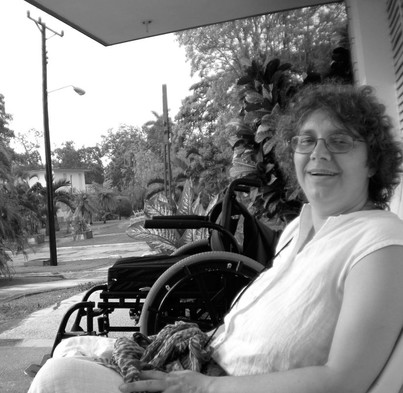 Post stroke, in rehab. Havana, 2009 Post stroke, in rehab. Havana, 2009 But there are more subtle changes that take longer to notice, because the nature of rain injury is that it damages your ability to notice things. It took me two years, after my stroke, to notice that I had a hard time reading whole books of non-fiction. I would lose interest after the first chapter or two. Also that the main reason I was having trouble finishing my novel was that I couldn't hold the whole thing in my mind at the same time. I could no longer give whole lectures, either I had to make a list of main points and work my way down it. There are whole realms of just tracking my daily life that frustrate me to the point of hair pulling and headaches n a regular basis. I can't for the life of me remember anything my tax accountant explains to me about the nature of the different bills. And no, this is not the kind of difficulty everyone has. Once, when I was at a rehab session with my ex, talking about my inability to initiate action, he blithely commented that he had the same problem. No, she told him firmly. You may procrastinate, but if I gave you fifty dollars to move an item to the top of your list and do it, your could. She can't. Sometimes it's as if the gas pedal of my life has no connection to the starter. Even my assistant, with many years of being around my brain, forgets how much I forget and asks me when something happened or where something is, and I have absolutely no idea. The narrative of my life is full of holes into which objects, tasks, names, sequences, appointments, and promises fall. I am only scratching the surface of what it's like to live with multiple injuries to my brain, because I have something else to say. Six weeks ago I leaned about Cognitive FX, a clinic in Provo, Utah that works with neuroplasticity-based therapies to reverse the effects of head injuries. They use functional MRI imaging to pinpoint where, in each injured brain, the areas of low and high blood flow are, and craft an intensive workout tailored the exact functions that have been under and over performing as a result of a traumatic injury. They are getting amazing results, and their program only takes five days. I'm going there on Sunday, and part of what I will be finding out is what Ive forgotten, although, at sixty-three, having been injured since I was twenty-nine, and with a possibly brain injury at six, I may experience my brain in ays I haven't since early childhood, before it was fully grown. 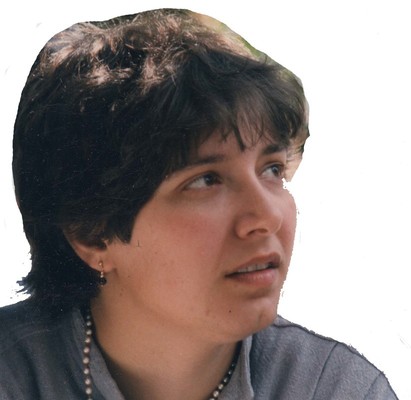 1983, age 29. 1983, age 29. When I had my first injury in 1983, the medical convention was that brains don't heal. I was told that its condition after six months was as good as it would ever get. An occupational therapist asked what I had done before the injury. When I said I was a writer, she snorted, and said, "Well, you'll never do that again!" Since then I have had my entire writing career, including writing a doctoral dissertation, written five books, and contributed to many dozens of anthologies and journals. After my stroke, my PT said I might be able to ride my power wheelchair to a store and take a few steps as I shopped, but I would never take long walks or hike again. I year later, after ten weeks in Havana, I came back having regularly walked around the old city for several miles at a time. Even with all of the amazing advances in neuroscience, which show that the brain remakes itself in all kinds of fascinating ways, we really know so little about brains. In that summer of 1983, as I lay on the deck watching trees do photosynthesis and respiration, when I closed my eyes and went inside, into the tangle of my head, I could feel tendrils reaching out to reconnect. My brain did heal, over and over, but never all the way, and the sediment of injury has accumulated and become sandstone. So now I'm off to see the wizards, and am left wondering how much will be changed, and whether in the midst of all I hope to gain, I may also lose something, or whether the unique ways I've adapted, the creative workarounds my poet's synapses have discovered, are mine to keep. But that's another conversation. For now, I'm trying to rest up, and I'm devouring Brazil nuts and blueberries, cabbage and turmeric, items from the brain food list I've been given.
Stay tuned. One of my favorite songwriters, Cuban Pablo Milanes, wrote: Lo que brilla con luz propia, nadie la puede apagar, su brillo puede alcanzar la oscuridad de otras costas. What shines with its own light, no one can extinguish, its brilliance reaches the darkness of other shores. I was born on one of those other shores, in what a few weeks ago, one Cuban revolutionary described as “grey times.” 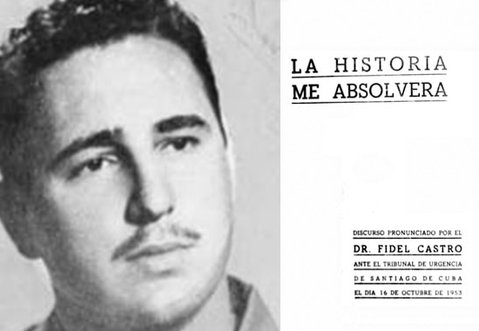 I never saw Havana in those years. I only knew by rumor that it was a playground for the rich and corrupt, run by the US mob and the CIA, a place where children begged in the streets and shined the shoes of foreigners for a bite of bread, where Black Cubans couldn’t go in the front doors of night clubs that served up their music to white Cubans and foreign tourists. My friends who were children then remember the tortured bodies of union organizers, student activists, anyone who dared to protest, dumped late at night in the quiet streets of the suburbs, remember their terror of the police. Across Latin America, dictatorships flourished, and even the most basic striving, for enough to eat, for a roof overhead, were met with gunfire, disappearance, beatings, people dragged into jail cells buried so far from sight no one ever saw them again. When I was young, these stories floated above my head, spoken among adults who met in our living room, between my parents. The names of overthrown presidents, assassinated leaders and massacres hung in the air, while anti-colonial movements erupted and were suppressed, erupted and were suppressed. Young Cubans rose up to take the Moncada barracks and were killed, tortured, exiled and a young lawyer promised that history would absolve him. A handful of small victories and a litany of defeats, of broken branches piled high, waiting for a spark. |
About Aurora
Aurora Levins Morales is a disabled and chronically ill, community supported writer, historian, artist and activist. It takes a village to keep her blogs coming. To become part of the village it takes, donate here. Never miss a post!
Click below to add this blog to your favorite RSS reader: Archives
September 2017
Categories
All
|
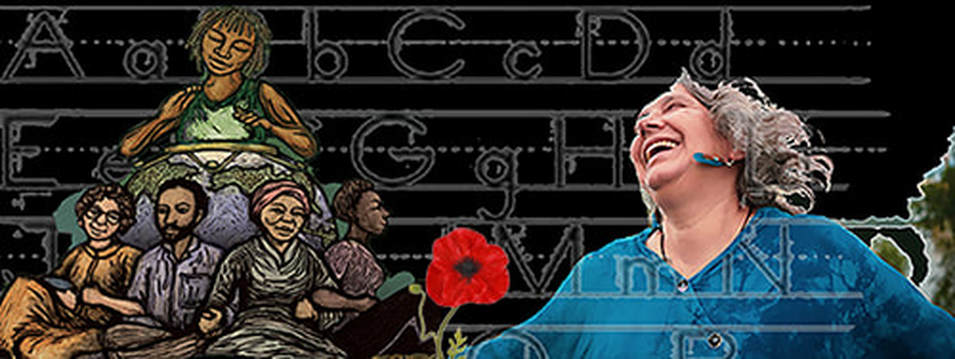
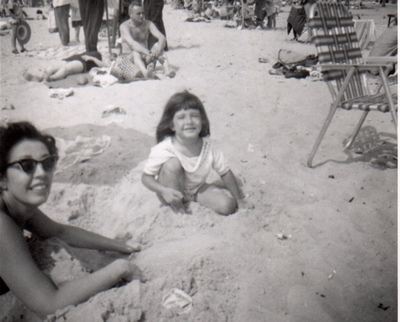

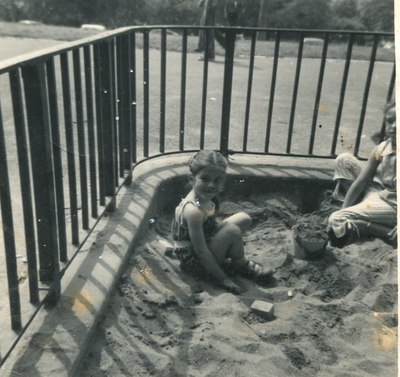
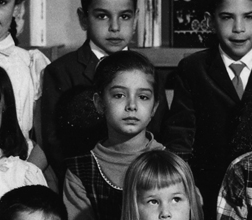
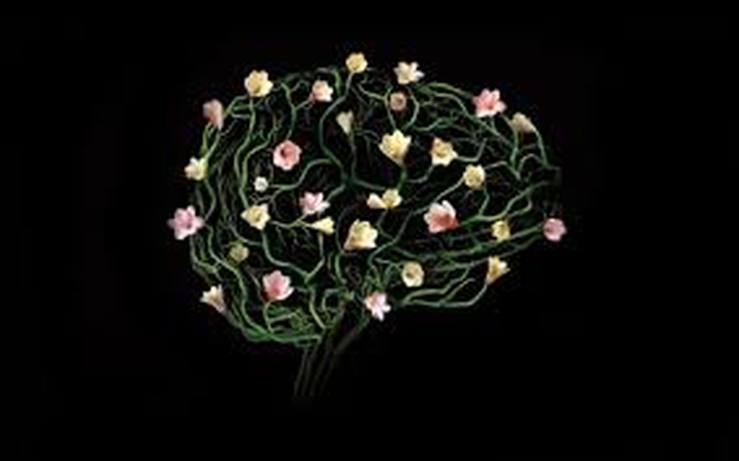
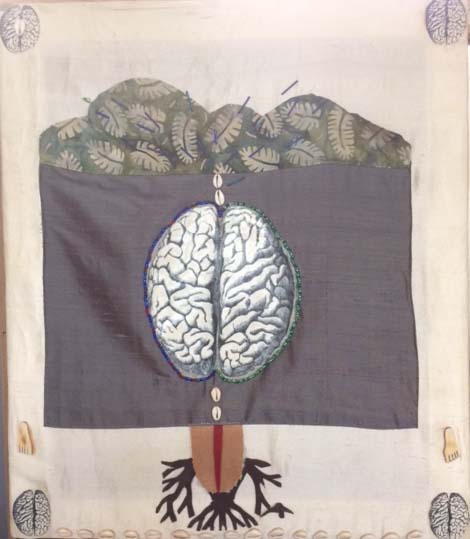

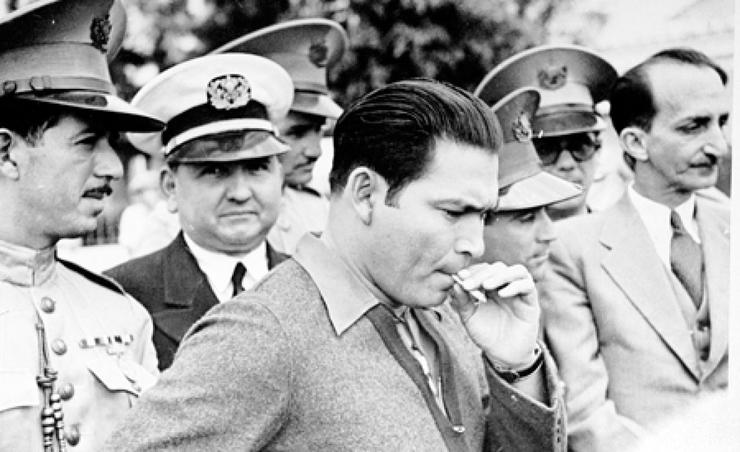

 RSS Feed
RSS Feed
